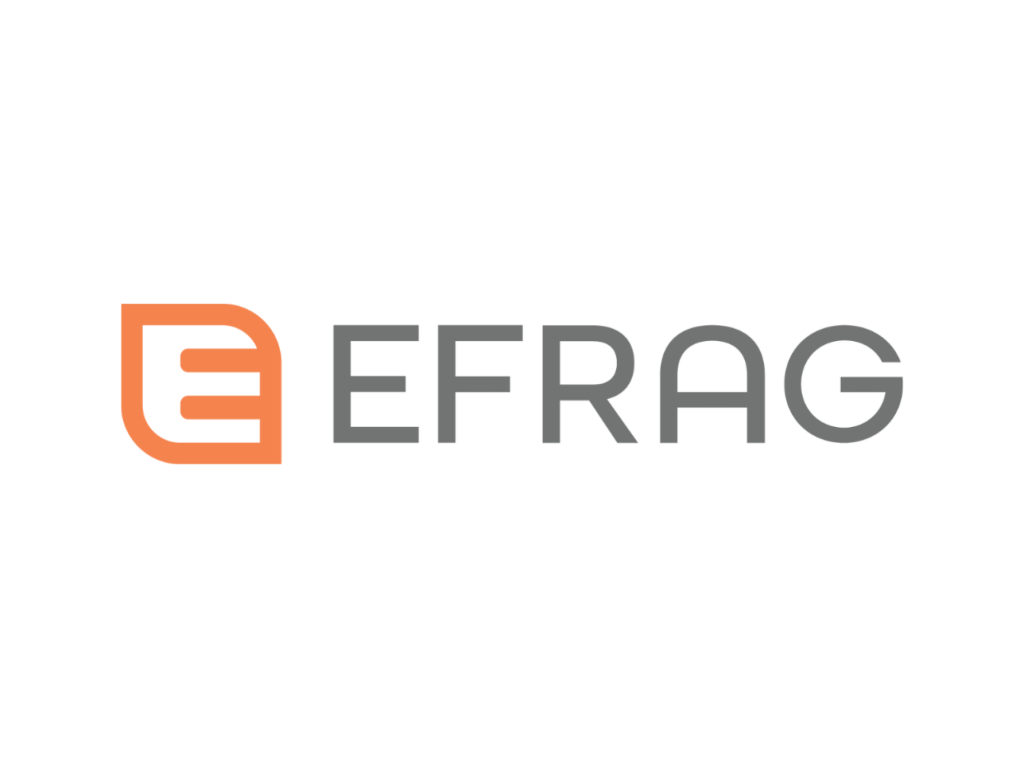EFRAG’s revised ESRS drafts reduce mandatory datapoints by 57% and total disclosures by 68%, significantly easing the reporting burden.
The updates streamline double materiality assessments, eliminate voluntary disclosures, and introduce cost-relief exemptions.
A 60-day public consultation is now open, with outreach events and field testing planned ahead of final technical advice due in November 2025.
EFRAG has released revised and simplified Exposure Drafts of the European Sustainability Reporting Standards (ESRS), launching a 60-day public consultation to gather feedback from stakeholders across the EU corporate reporting ecosystem.
This development follows a formal request from the European Commission in March 2025 as part of its Omnibus initiative to simplify the ESRS adopted in 2023. The revisions aim to make sustainability reporting under the Corporate Sustainability Reporting Directive (CSRD) more manageable, while maintaining its relevance and alignment with the European Green Deal.
EFRAG incorporated extensive input from companies currently reporting under CSRD and those preparing to do so. Using a combination of top-down simplification and bottom-up review of all datapoints, the revisions streamline the double materiality assessment, reduce overlaps across standards, clarify language, and remove all voluntary disclosures. New relief mechanisms have also been added, allowing exemptions where reporting would cause undue cost or effort.
As a result:
Mandatory datapoints (to be reported if material) have been reduced by 57%.
Total disclosures (mandatory and voluntary) have dropped by 68%.
The overall length of the standards has been cut by over 55%.
RELATED ARTICLE: New EFRAG-GRI MoU Enhances Sustainability Reporting in Europe
“EFRAG is fully aligned with the strategic vision set out by the European Commission. These revisions aim to deliver what Europe needs at this moment: a more focused, more usable sustainability reporting system that remains ambitious but does not overburden companies,” said Patrick de Cambourg, Chair of the EFRAG Sustainability Reporting Board. “Capitalising on effective experience, this is about making ESRS a more workable reality—so that sustainability reporting supports, rather than hinders, resilience, investment, and long-term value creation.”

The public consultation is open from 31 July to 29 September 2025. EFRAG encourages participation from preparers, auditors, investors, civil society, and national authorities. To support engagement, outreach events are planned for September and October, ahead of the final technical advice submission to the European Commission by 30 November 2025.
In tandem, EFRAG is conducting a cost-benefit analysis and targeted field tests, both of which are also open to stakeholder input.
Chiara Del Prete, Chair of the EFRAG Sustainability Reporting Technical Expert Group, emphasized the collaborative nature of the revision process:
“The Exposure Drafts that we put in consultation today are the result of an intense period of input gathering and internal discussions. Thanks to the extensive dialogue we have had over the past few months with all the interested stakeholders, we could base the simplification of the ESRS on the lessons learnt in their application. We focused our effort in the short timeframe available on the most pressing issues. We now look forward to continuing this dialogue and receiving the comments of our stakeholders on what we propose.”

Follow ESG News on LinkedIn

